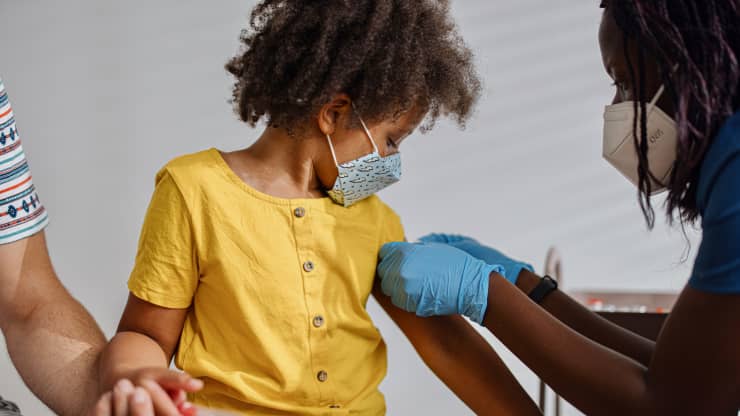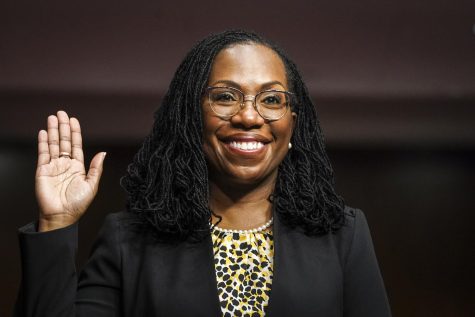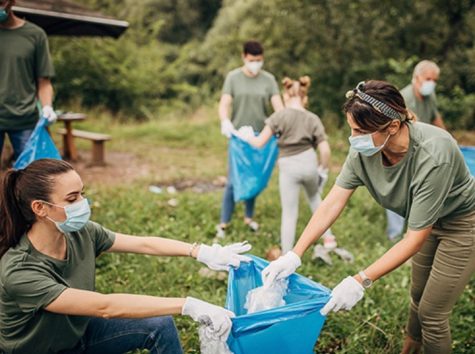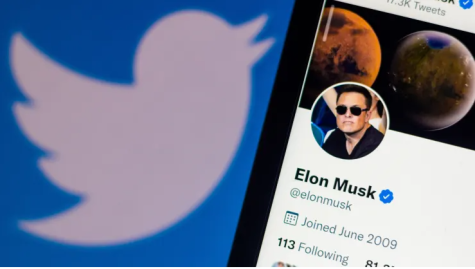The vaccine accessible to everyone
On Tuesday, Nov. 2, Rochelle Walensky, the director of the Center for Disease Control (CDC), signed off on the CDC committee recommendation for children between the ages of five and eleven to be able to get the Pfizer-BioNTech pediatric vaccine.
The recent increase of COVID-19 cases in children over the summer of 2021 influenced the CDC to make the decision. The Pfizer and BioNTech companies conducted various tests to reassure committee members of the vaccine’s effectiveness, ultimately gaining their support.
“This is a huge step forward for children and parents, and I endorse this recommendation,” Dr. Beth Bell, a CDC advisory committee member, said in a NBC News article.
Children eligible for the vaccine will receive a separate shot that has one-third of the dose given to teenagers and adults, and it is also administered with a smaller needle. More information on the CDC vaccine recommendation can be found here.
“I think there are various risks associated with taking the vaccine, but I trust the CDC since they study it, I feel like they know best,” Olivia Baudo, junior, said.
Many pediatricians have confirmed the credibility of the vaccine, assuring guardians that their children can get their shots safely. The availability of the vaccine has become a source of confidence to families, as many are hoping to get back to their lives before the pandemic.
“My siblings are definitely going to get vaccinated because the majority of my family is vaccinated. We are looking forward to what happens in the future. There may be no going back, but I know it can get better moving forward,” Kyli Daniels, senior, said.
Some parents dismiss the vaccine with worries about side effects. Others fear the risk of Myocarditis, a disease where the heart muscle becomes inflamed. However, this disease is rare, but it is mostly reported in boys and young men who are under thirty after taking the second dose of the mRNA vaccine.
“My kids are going to get the vaccine. The risk of myocarditis is incredibly small, and both my kids have healthy immune systems, so their risk is low. Also, all the data from the government has shown that no one has suffered permanent damage or death from mild myocarditis, so I think it is worth the risk,” Stephanie Prelac, science teacher, said.
Despite the doubts that may surround the vaccine, over 28 million children in the United States are now able to receive the shots. To get vaccinated, visit a local pediatrician or health clinic for recommendations.

Hey, my name is Yemi! I am a senior and I am glad to be on the Talon. I love writing, singing and dancing. I also love learning about different cultures...






